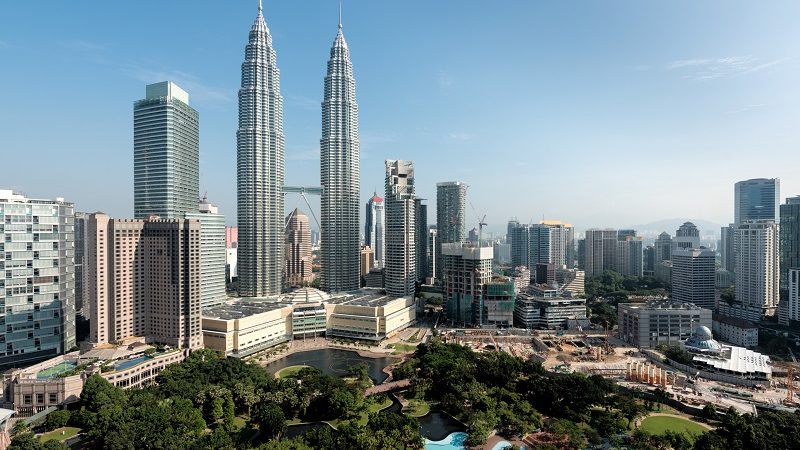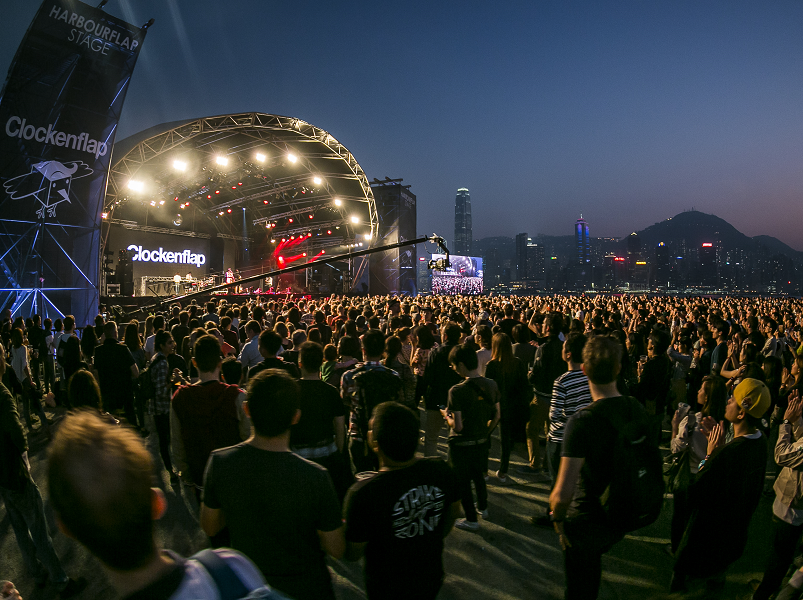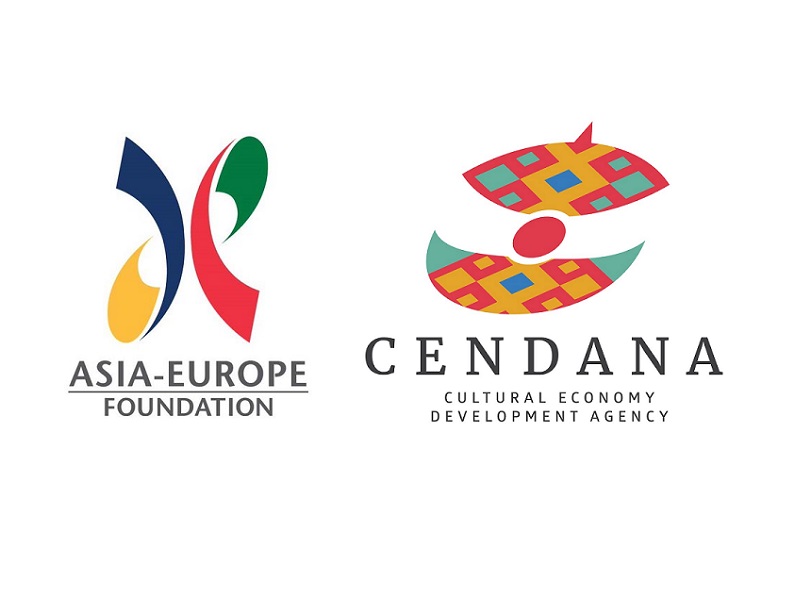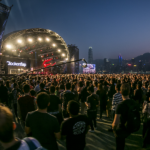Malaysia Government Pledges RM15mil, Funds Arts & Culture

Malaysia's recent 2021 Budget announces support for the arts & culture sector. Music Press Asia
Good news is beginning to emerge in the horizon for 2021. Just two months to go before we all call it a year, Malaysia’s minister of finance announced the allocation of RM15 million from the 2021 national budget to fund the arts and culture industry.
As part of its support to recover the country’s economy, tourism, arts and culture minister Nancy Shukri said that Malaysia’s tourism, arts and culture sectors are ‘ready and will be prime movers for overall economic development’.
According to a recent statement by MyCreative Group, a government’s investment arm set up to spur the country’s creative industry, over 93 per cent of Malaysian artists and cultural workers were negatively impacted by the pandemic; resulting in over 70 per cent of them losing all or most of their income.
The latest PENJANA plan to support artists in performing arts, visual arts, independent music and the craft sectors will be executed under the efforts of MyCreative Ventures. An affirmation, according to MyCreative, that confirms the government’s ‘commitment to place the arts & culture at the centre of government policy…a further endorsement of the ambitions laid out in Share Prosperity 2030’. In 2017, the government’s investment arm launched CENDANA, a division that acts as the country’s Cultural Economy Development Agency to help raise creative profiles and place Malaysia as an arts destination.
NEWS FROM THE REGION: Meanwhile in INDONESIA, dating back to the 2018 Indonesian Cultural Congress, President Joko “Jokowi” Widodo pledged to set up a Rp 5 trillion (US$342.1 million) endownment fund in 2020 to improve cultural development and activities; a provision set out in Law No. 5/2017 under its ‘cultural strategy’. However, fast forward to the current day, only Rp1 trillion was allocated in the 2020 state budget from which will be disbursed beginning of 2021. In a super tax deduction initiative launched last year, the government is offering a major tax cut of up to 300 percent aimed at boosting investment, research and development, as well as the participation of businesses in improving Indonesia’s human resources.
Referencing Art Coalition’s survey recorded that at least 234 art events across Indonesia have either been postponed or canceled because of the epidemic. Its ministry of education and culture predicted that more than 37,000 artists and art workers have lost their sources of income.
In March earlier this year, SINGAPORE’s Ministry of Culture, Community and Youth (MCCY) pledge SGD$55 million through its Arts and Culture Resilience Package (ACRP); sees its Digitalisation Fund granting up to SGD$20,000/project to support digitalisation of arts and culture content as part of its plan for ‘post-disease recovery’.
After a month-long delay, THAILAND’s parliament has finally approved the 3.2 trillion baht (USD$106 billion) annual budget (early October), providing a stimulus for the country’s struggling economy. The spending plan, backed by 253 lawmakers in Bangkok, with 196 abstaining, was supposed to start October 1, but were deferred by legislative process and government formation after last year’s general election.
After deducting round 1.7 trillion baht from budgets allocated to the defense, finance, interior, education ministry and the country’s central fund, only 1.5 trillion baht is left for so called ‘others’. August this year, the government launched a USD$10 billion stimulus package, and said that more would be introduced. Thailand’s ministry of culture has an annual budget of around 8 million baht in 2019.
In a Bangkok Post article “Who pays for art?” (Jul 2018), Apipar Norapoompipat discussed the question of how the country’s most prominent galleries and museums are funded; comparing actions taken by various organisations including Bangkok Art & Culture Centre (BACC), Bangkok Metropolitan Administration (BMA), Singapore Art Museum, Metropolitan Museum of Art New York — its capability at handling public and private donor’s funds when it comes to managing these cultural venues.
According to Statista’s latest research, JAPAN’s fiscal year 2020 budget allocated 37 per cent (around 39.5 billion Japanese yen) of its art and culture budget just for its cultural assets to be preserved mainly for traditional architecture, historical remains and works of art. Managed by the Ministry of Education, Culture, Sports, Science, and Technology (MEXT), it designates cultural assets as ‘important cultural properties’, which includes over 13,000 items largely made up of paintings, sculptures, calligraphy and historical documents.
Under the Act on Protection of Culture Properties, owners have obligations to preserve and maintain these items; today the Tokyo National Museum owns a wide collection of these items and exhibits them either temporarily or permanently. Japan’s Agency for Cultural Affairs (with an annual budget of 108 billion Japanese Yen in 2018) taking on the responsibility from policy making to copyrights acts, in turn, makes sure they are being enjoyed by national and international audience.
In a recent arts grants program run by the British Council in the UK and East Asia, Connections Through Culture (CTC) was initially set up, prior to covid-19, to support exchanges and collaboration. With uncertainties to travel or cross borders, the grants will more likely fund conversations and explore online efforts. Grants were available to residents of the UK, Indonesia, Malaysia, Philippines, Thailand and Vietnam.








